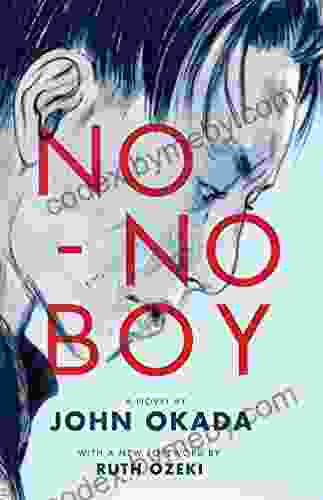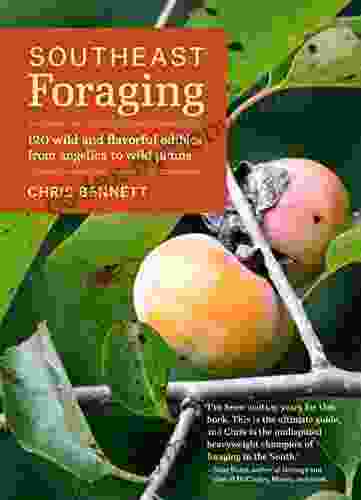No No Boy: A Timeless Exploration of Identity, Resistance, and Resilience

In the annals of Asian American literature, no work stands taller than John Okada's No No Boy, a novel that has both captivated and challenged readers for generations.
Published in 1957, at a time when the Japanese American community was still reeling from the trauma of World War II and the internment camps, No No Boy tells the unforgettable story of Ichiro Yamada. A draft resister during the war, Ichiro faces ostracism and shame from his community, as well as the weight of his own guilt and regret.
4.7 out of 5
| Language | : | English |
| File size | : | 2665 KB |
| Text-to-Speech | : | Enabled |
| Screen Reader | : | Supported |
| Enhanced typesetting | : | Enabled |
| Word Wise | : | Enabled |
| Print length | : | 264 pages |
Okada masterfully weaves together personal and political narratives, exploring themes that continue to resonate today: the complexities of identity, the challenges of resistance, and the resilience of the human spirit.
A Complex Protagonist and the Burden of Identity
Ichiro Yamada is a complex and deeply flawed character. A Japanese American born and raised in Seattle, he is torn between two cultures and struggles to fit in.
When the United States enters World War II, Ichiro faces an impossible choice. Conscripted into the US Army, he must either fight against his own countrymen or refuse to serve his country. Torn between loyalty and conscience, Ichiro ultimately decides to defy the draft.
Ichiro's decision has far-reaching consequences. He is labeled a "no-no boy," a term used to demean those who refused to serve, and is ostracized by his community. The weight of his decision haunts him, as he struggles to reconcile his actions with his sense of self.
Resistance and the Search for Identity
No No Boy is more than just a story about a draft resister. It is a powerful indictment of the racism and discrimination faced by Asian Americans during World War II.
Okada shows how the internment camps were not only a physical imprisonment, but also a psychological one. The Japanese Americans were stripped of their dignity and forced to conform to a stereotypical image.
Ichiro's resistance, both during the war and after, becomes a symbol of the struggle for Asian Americans to assert their own identity and fight against oppression.
Resilience and the Power of Memory
Despite the trauma he endures, Ichiro's story is ultimately one of resilience. He refuses to be defined by his past or the prejudices of others. He rebuilds his life, finds love and purpose, and becomes a voice for his community.
No No Boy is a powerful reminder of the importance of memory. By refusing to forget the past, Ichiro and other Japanese Americans were able to heal their wounds, demand justice, and shape a better future.
Legacy and Impact
Since its publication, No No Boy has become a classic of Asian American literature. It has been translated into multiple languages, studied in schools and universities, and adapted into a film.
Okada's novel has had a profound impact on Asian American writers and activists. It has inspired countless works of literature, art, and scholarship.
A Timeless Masterpiece
No No Boy is a novel that transcends time and culture. Its themes of identity, resistance, and resilience are universal, and its characters and story continue to move and inspire readers today.
Whether you are a student of history, a lover of literature, or simply someone who wants to gain a deeper understanding of the Asian American experience, No No Boy is a must-read.
Free Download Your Copy Today
To Free Download your own copy of No No Boy, please visit [Insert Free Download Link Here].
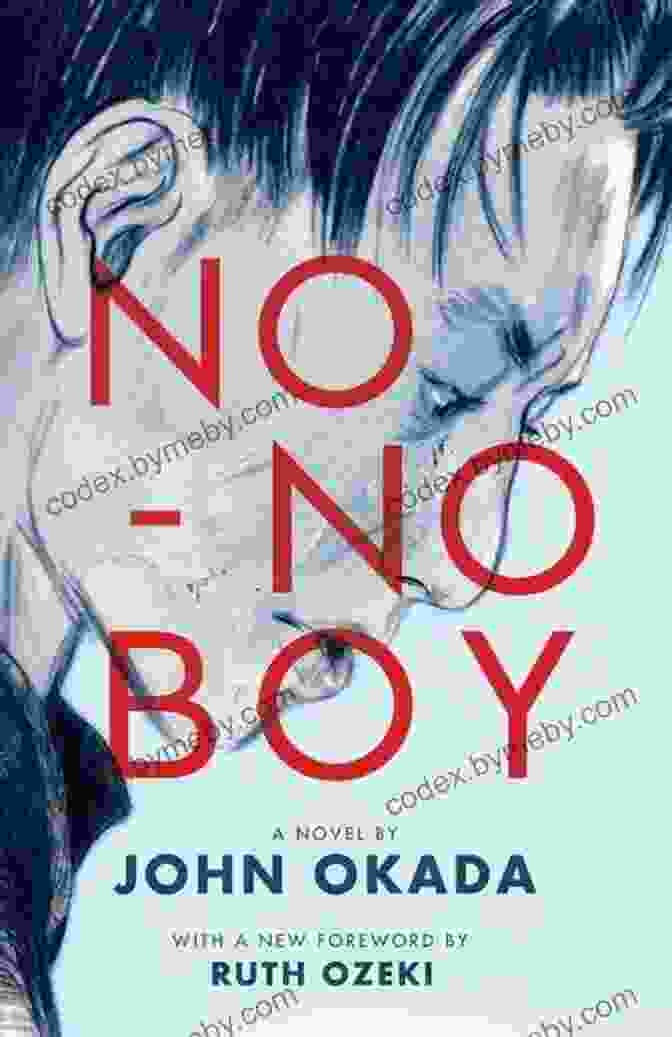
4.7 out of 5
| Language | : | English |
| File size | : | 2665 KB |
| Text-to-Speech | : | Enabled |
| Screen Reader | : | Supported |
| Enhanced typesetting | : | Enabled |
| Word Wise | : | Enabled |
| Print length | : | 264 pages |
Do you want to contribute by writing guest posts on this blog?
Please contact us and send us a resume of previous articles that you have written.
 Book
Book Novel
Novel Page
Page Chapter
Chapter Text
Text Story
Story Genre
Genre Reader
Reader Library
Library Paperback
Paperback E-book
E-book Magazine
Magazine Newspaper
Newspaper Paragraph
Paragraph Sentence
Sentence Bookmark
Bookmark Shelf
Shelf Glossary
Glossary Bibliography
Bibliography Foreword
Foreword Preface
Preface Synopsis
Synopsis Annotation
Annotation Footnote
Footnote Manuscript
Manuscript Scroll
Scroll Codex
Codex Tome
Tome Bestseller
Bestseller Classics
Classics Library card
Library card Narrative
Narrative Biography
Biography Autobiography
Autobiography Memoir
Memoir Reference
Reference Encyclopedia
Encyclopedia Chris Fregly
Chris Fregly Jef Aldrich
Jef Aldrich Chris Riddoch
Chris Riddoch Chris Algieri
Chris Algieri Colin Jones
Colin Jones Clare Mulley
Clare Mulley Christopher S Stewart
Christopher S Stewart Christopher Scott
Christopher Scott Julie Mcdonald
Julie Mcdonald James Morgan Ayres
James Morgan Ayres Chris Burniske
Chris Burniske Chuck Robbins
Chuck Robbins Christopher Ruocchio
Christopher Ruocchio Mildred Armstrong Kalish
Mildred Armstrong Kalish Chris Bird
Chris Bird Chris Van Allsburg
Chris Van Allsburg Geoffrey Allen Pigman
Geoffrey Allen Pigman Cirrus Teacher Certification Exam Prep Team
Cirrus Teacher Certification Exam Prep Team Claire Chao
Claire Chao Kate Staves
Kate Staves
Light bulbAdvertise smarter! Our strategic ad space ensures maximum exposure. Reserve your spot today!

 Forrest BlairIndulge in Culinary Delights: Discover the Enchanting World of Little Flower...
Forrest BlairIndulge in Culinary Delights: Discover the Enchanting World of Little Flower...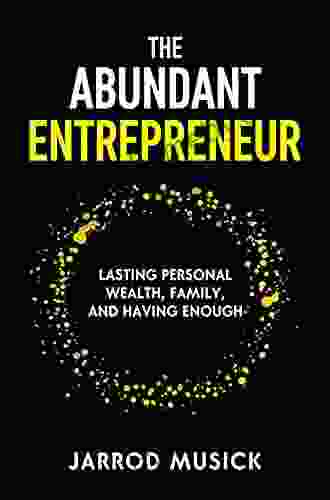
 F. Scott FitzgeraldUnlock Lasting Personal Wealth: Empowering Families to Achieve Financial...
F. Scott FitzgeraldUnlock Lasting Personal Wealth: Empowering Families to Achieve Financial...
 Cade SimmonsThe Ten Year War: Obamacare And The Unfinished Crusade For Universal Coverage
Cade SimmonsThe Ten Year War: Obamacare And The Unfinished Crusade For Universal Coverage J.D. SalingerFollow ·15k
J.D. SalingerFollow ·15k Jermaine PowellFollow ·16.3k
Jermaine PowellFollow ·16.3k Andy HayesFollow ·10.7k
Andy HayesFollow ·10.7k Galen PowellFollow ·15.5k
Galen PowellFollow ·15.5k Jonathan FranzenFollow ·5.8k
Jonathan FranzenFollow ·5.8k Jayson PowellFollow ·13.1k
Jayson PowellFollow ·13.1k August HayesFollow ·10.7k
August HayesFollow ·10.7k Sidney CoxFollow ·17.9k
Sidney CoxFollow ·17.9k

 Rick Nelson
Rick NelsonThe Power of Positivity: 51 Motivational Quotes to...
In the tapestry of life, we encounter...
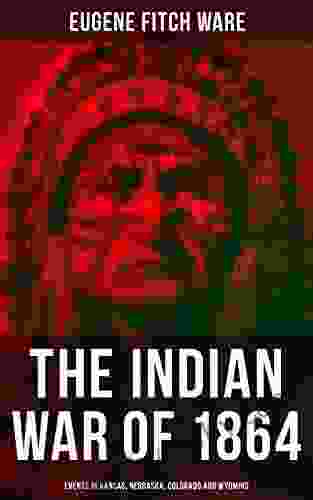
 Lee Simmons
Lee SimmonsThe Indian War of 1864: A Devastating Conflict in the...
The Indian War of 1864 was a brutal...
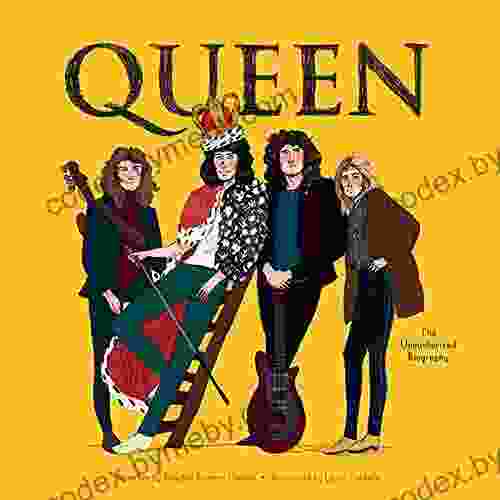
 Eddie Bell
Eddie BellQueen: The Unauthorized Biography: Unraveling the Secrets...
Prepare to delve into the captivating...

 Dion Reed
Dion ReedUnveiling the Imperfect Gems of Trauma and...
In the tapestry of...

 Desmond Foster
Desmond FosterThirty-Six Years in the Rockies: A Timeless Masterpiece...
A Journey Through Time and...
4.7 out of 5
| Language | : | English |
| File size | : | 2665 KB |
| Text-to-Speech | : | Enabled |
| Screen Reader | : | Supported |
| Enhanced typesetting | : | Enabled |
| Word Wise | : | Enabled |
| Print length | : | 264 pages |


